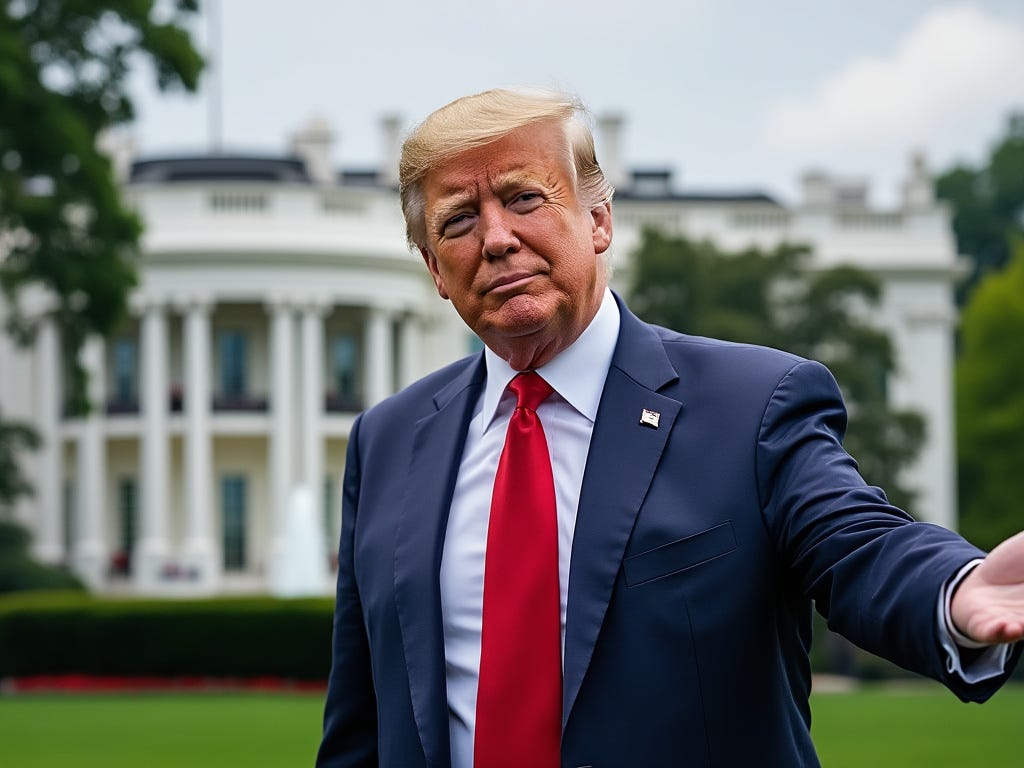Election Reflections 2024: Trump Won, Now What?
Part 3
Election Reflections 2024: Trump Won, Now What?
In the words of vice president-elect, JD Vance, “I think that we just witnessed the greatest political comeback in the history of the United States of America.” This statement made during the election night victory speech of Donald J. Trump came with delight to some and great disappointment to others. Prior…


